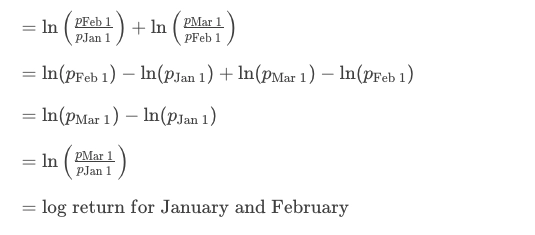Personal finance is an essential aspect of our lives, and it is crucial to pay attention to it to ensure that we achieve our financial goals. Many people struggle with managing their finances, and this can lead to financial stress and debt. In this article, we will discuss what you should pay attention to in personal finance from a professional's perspective.
1. Budgeting
Budgeting is the foundation of personal finance. It involves creating a plan for your income and expenses. A budget helps you keep track of your spending and ensures that you do not spend more than you earn. To create a budget, you need to list all your sources of income and all your expenses. You can use a spreadsheet or a budgeting app to help you with this.
When creating a budget, it is essential to be realistic about your expenses. Be sure to include all your bills, such as rent, utilities, and groceries. Also, make sure to set aside money for savings and emergencies. A good rule of thumb is to save at least 20% of your income.
2. Debt Management
Debt can be a significant source of financial stress. It is essential to manage your debt effectively to avoid falling into a debt trap. The first step in debt management is to understand your debt. Make a list of all your debts, including the interest rates and minimum payments.
Once you have a clear understanding of your debt, you can create a plan to pay it off. There are two popular methods for paying off debt: the debt snowball method and the debt avalanche method. The debt snowball method involves paying off your smallest debt first and then moving on to the next smallest debt. The debt avalanche method involves paying off the debt with the highest interest rate first.
3. Investing
Investing is an excellent way to grow your wealth over time. It involves putting your money into assets that have the potential to increase in value over time. There are many different types of investments, including stocks, bonds, mutual funds, and real estate.
Before investing, it is essential to do your research and understand the risks involved. It is also crucial to diversify your investments to reduce risk. A good rule of thumb is to invest in a mix of stocks, bonds, and real estate.
4. Retirement Planning
Retirement planning is an important aspect of personal finance. It involves creating a plan for your retirement income and ensuring that you have enough money to support yourself in retirement. There are several steps involved in retirement planning, including estimating your retirement expenses, determining your retirement income sources, and creating a plan for withdrawing your retirement savings.
It is never too early to start planning for retirement. The earlier you start saving for retirement, the more time your money has to grow. A good rule of thumb is to save at least 10-15% of your income for retirement.
5. Insurance
Insurance is an essential aspect of personal finance. It protects you from financial losses due to unexpected events such as illness, accidents, or natural disasters. There are several different types of insurance, including health insurance, life insurance, and property insurance.
When choosing insurance, it is essential to consider your needs and budget. It is also crucial to read the policy carefully and understand what it covers and what it does not cover.
In conclusion, personal finance is an essential aspect of our lives, and it is crucial to pay attention to it to ensure that we achieve our financial goals. By following these tips, you can manage your finances effectively and achieve financial security. Remember that personal finance is a journey, not a destination, so be patient and stay committed to your goals.







